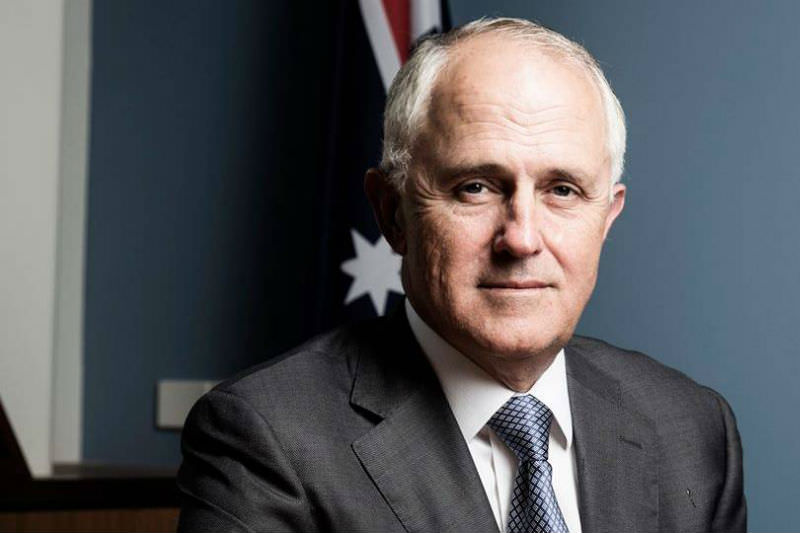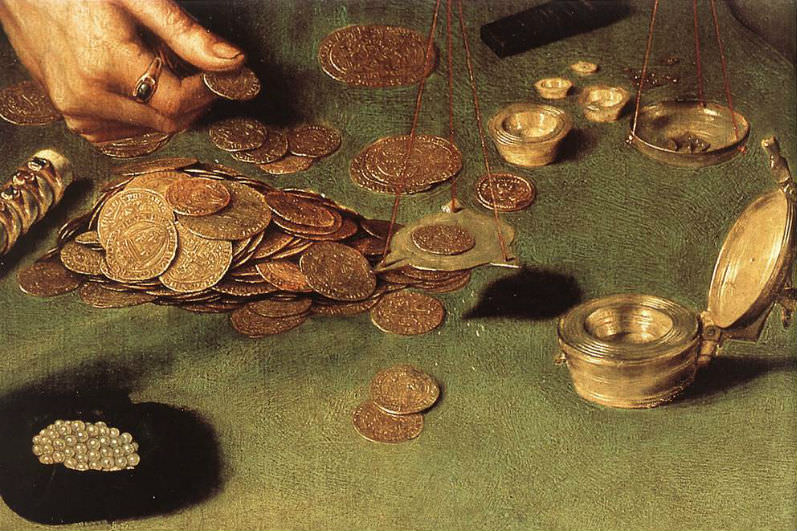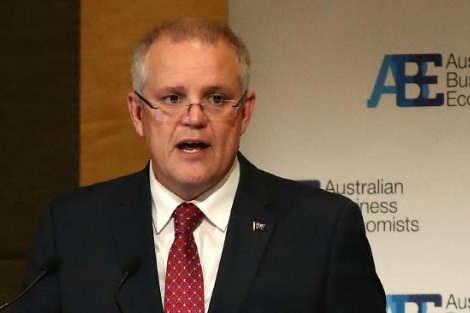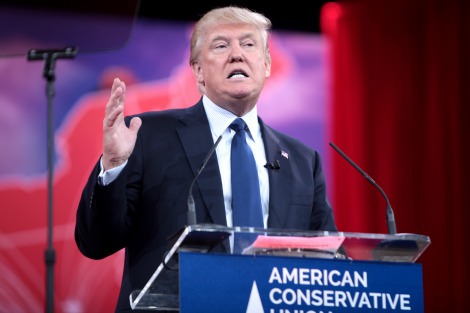Keywords: Global Financial Crisis
There are more than 200 results, only the first 200 are displayed here.
-

ECONOMICS
As the world economy groans under soaring levels of debt, the place to look is Japan, whose current government debt-to-GDP ratio is an eye watering 253 per cent. It is Japan, which led the developed world into this mess, that is likely to lead the world out of it by cancelling debt. The consequences of such a move would be far reaching.
READ MORE 
-

AUSTRALIA
- Fatima Measham
- 12 April 2018
10 Comments
How comfortable does anyone really need to be? The amounts of money that get quoted in remuneration packages or property portfolios is incomprehensible to many Australians who manage to survive, even thrive, on so much less. Inequality seems to be driven by an incapacity to recognise what is enough and to stop.
READ MORE 
-

ECONOMICS
- Joe Zabar
- 27 February 2018
'Francis' statement is not one merely for theological or academic contemplation. It is in effect Francis' call to establish a new benchmark for our economy, one where exclusion and inequality are no longer a natural and accepted consequence of its operation.' Director of Economic Policy for Catholic Social Services Australia addresses the CSSA annual conference in Melbourne, February 2018.
READ MORE
-

ECONOMICS
- David James
- 27 January 2018
7 Comments
A visitor from an earlier time would be stunned to see how much we understand the world using monetary measures. Finance has come to be considered the first reality, not defined by, or reflecting, reality. To see how this creates distortions, consider GDP, which is taken to be a reliable measure of national wellbeing, but in fact is anything but.
READ MORE 
-

ECONOMICS
- David James
- 12 December 2017
1 Comment
It is not difficult to imagine a scenario where the game of musical chairs in Australia will come to a shuddering end, imperilling the banks and dragging the economy into a deep recession. As we saw in the GFC in America and Europe, government money will be thrown at the banks to rescue them at the expense of ordinary citizens.
READ MORE 
-

ECONOMICS
- David James
- 08 November 2017
3 Comments
Once upon a time, usury was considered a sin and lending was subject to strict controls. Now, the world is in the grip of usury. It cannot continue. At some point it will have to be retired, or swapped to equity. A good place to start is third world debt, which is the most immoral variant.
READ MORE 
-

ECONOMICS
The daily fluctuations of financial markets and the fractious debates over economic policy are concealing something deeper and much more disturbing. The future of money itself is in question. A decade after world banking almost collapsed in the global financial crisis, the questions raised have not been answered.
READ MORE 
-

ECONOMICS
One thing that is rarely done is a literary-style analysis of the language used in finance and business. It can quickly reveal the sleight-of-hand, even outright deception, that plague these powerful sectors. To take one example, finance language heavily relies on water metaphors, which are deeply misleading. It is unlikely that this is done deliberately; it is more probably reification (making the intangible appear to be concrete). But its consequences have been, and remain, devastating.
READ MORE 
-

RELIGION
- Frank Brennan
- 08 May 2017
1 Comment
Our Church is presently a strained, outdated social institution with an exclusively male hierarchy and clergy. But it is also the privileged locus for us to be called to the banquet of the Lord sharing theology and sacrament which have sustained the hearts and minds of similar pilgrims for two millennia. Thank God for Pope Francis who is showing us the way, helping us to find meaning in our changing and chaotic world, putting a fresh spring in the step of all those Catholics holding in tension the prophetic and the practical, the theological and the humanist, the tradition and the contemporary reality.
READ MORE
-

AUSTRALIA
- Frank Brennan
- 07 May 2017
7 Comments
Part of the cost of the double dissolution election last July has been the creation of a Senate with the largest, most diverse group of crossbenchers ever. This will make the passage of any new contested Budget measures difficult, particularly given the Prime Minister’s vulnerability on his right flank, and the Labor Party's propensity to mimic the Opposition tactics adopted previously by Tony Abbott. The government needs to create a clear narrative as to how it will achieve equitable and sustainable growth through this Budget.
READ MORE 
-

INTERNATIONAL
- Catherine Marshall
- 25 January 2017
30 Comments
No-one doubted Trump's ascendancy would deeply fracture the world as we know it. But few of us could have anticipated the swiftness with which his orders would impact some of the world's most disadvantaged citizens: vulnerable, impoverished women. With just one signature, the newly-installed president snatched from these women access to services that are essential to their physical and mental wellbeing and their economic prospects - and, in so doing, endangering countless lives.
READ MORE 
-

INTERNATIONAL
- Julie Davies
- 24 January 2017
11 Comments
I can understand the Trump phenomenon. Hard-working Americans and many Australians are blaming various minorities as responsible for their decline. They are being blinded to the real culprits: our own governments and their wealthy backers. Juvenal's 'bread and circuses', designed to keep the people docile and distracted in Ancient Rome, have been updated to Maccas and manufactured news. And hatred. Are we so easily manipulated? Is the American model the future Australia wants for itself?
READ MORE 